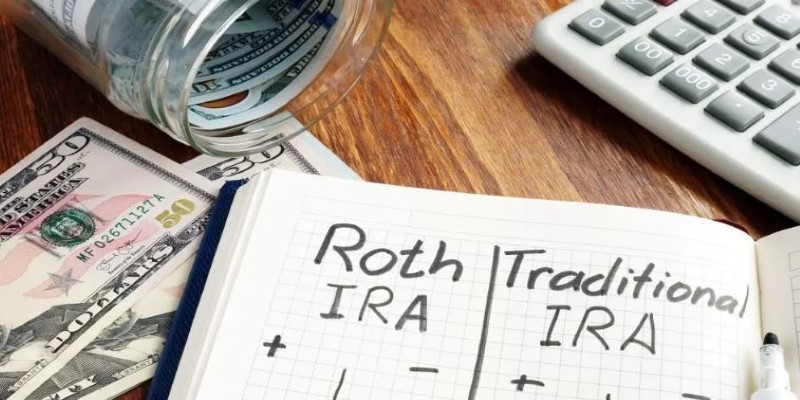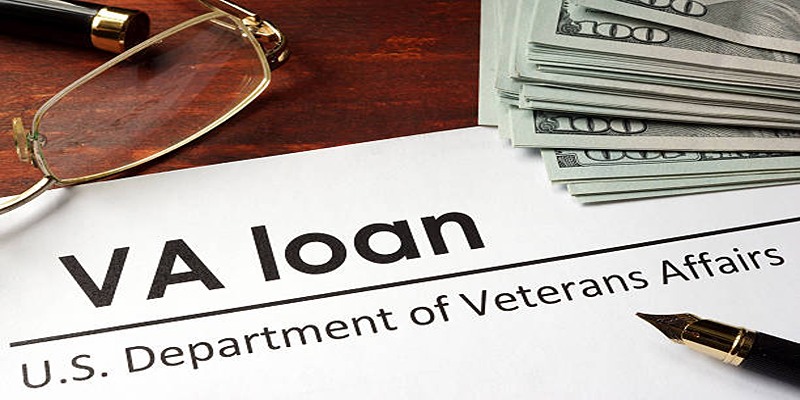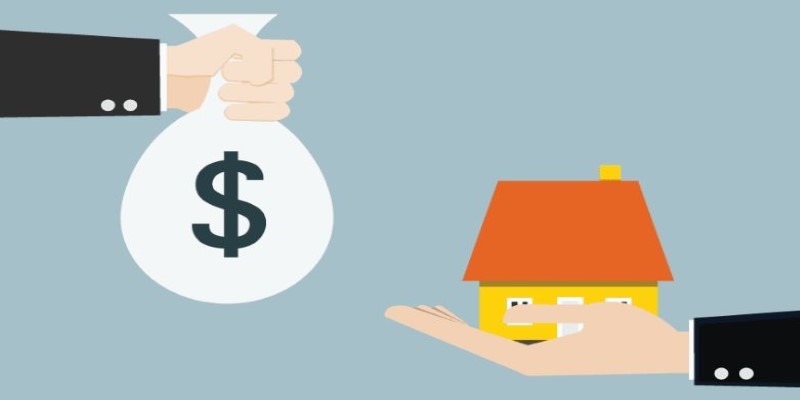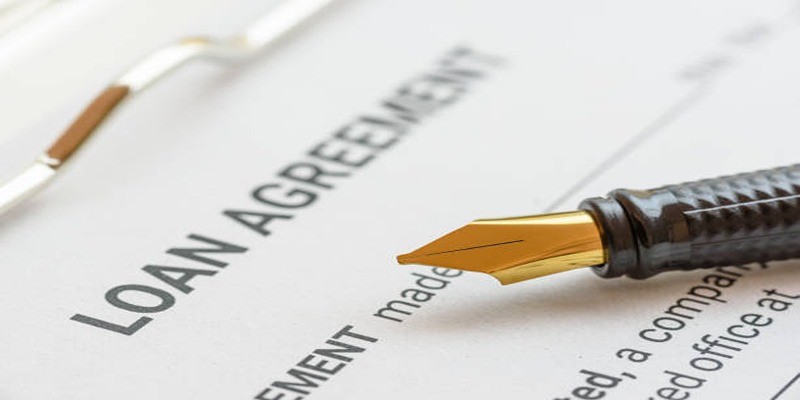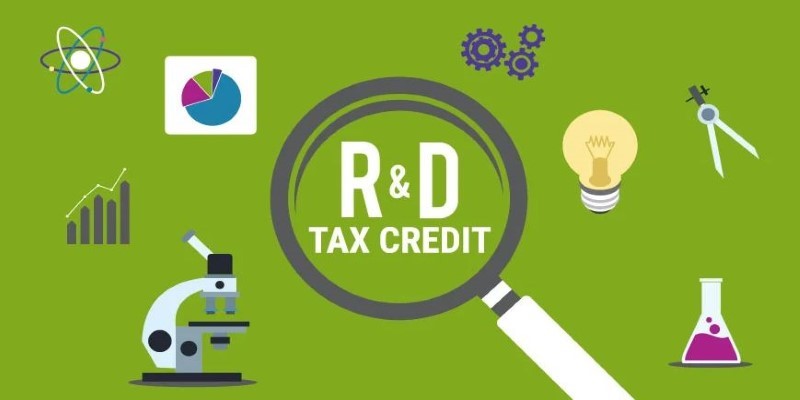Owning a home outright feels like the ultimate financial goal. No more monthly payments, no interest accumulation—just complete freedom. While paying off your mortgage early can be smart, it’s not always the best decision. Many homeowners unknowingly make costly mistakes, such as ignoring other financial priorities, incurring penalties, or depleting savings. It’s essential to understand the full financial picture before making extra payments.
A miscalculated move could leave you cash-poor or prevent you from taking advantage of better investment opportunities. Avoiding these pitfalls ensures early repayment is truly beneficial. Before rushing to pay off your mortgage, take a step back and evaluate whether it aligns with your broader financial goals.
Common Mortgage Payoff Mistakes
Here are some common mortgage payoff mistakes to avoid that could cost you money, delay financial freedom, or create unexpected financial burdens in the future.
Draining Your Savings for Extra Mortgage Payments
Many homeowners believe every extra dollar should go toward their mortgage, but this approach often backfires. Using savings to pay off a mortgage faster can leave you financially vulnerable. Emergencies happen—unexpected medical bills, home repairs, or job loss can arise when you least expect them. If you've emptied your savings for mortgage payments, you might be forced to rely on credit cards or loans, which carry high interest.
Financial analysts advise keeping a three to six months' worth of expenses emergency fund in place before putting more money toward payments. This will allow you to have a buffer and continue on the path of paying off the mortgage early. It creates improved financial security by prioritizing both aspects.
Overlooking Mortgage Prepayment Penalties
Not all mortgages allow penalty-free prepayments. Some lenders impose penalties when borrowers pay off their loans too quickly, as it cuts into their interest earnings. These penalties can be a percentage of the remaining balance or a set fee applied within the first few years of the loan. Failing to check for prepayment penalties could mean paying thousands in unnecessary costs.

Before making extra payments, review your mortgage agreement or consult with your lender to understand any penalties. If your loan carries such fees, it might be more beneficial to invest extra cash elsewhere. Understanding these terms ensures you maximize financial benefits while avoiding hidden costs.
Ignoring Higher-Interest Debts
Paying off a low-interest mortgage before tackling high-interest debt is a critical financial mistake. Mortgages typically have lower interest rates compared to credit cards, personal loans, and auto loans. If you focus on early mortgage repayment while carrying high-interest debt, you’re losing money in the long run.
For instance, if your mortgage rate is 4% but your credit card carries an 18% interest rate, prioritizing the mortgage over credit card payments is a poor decision. Eliminating high-interest debt first frees up more money in the future. Only after paying off costly obligations should you direct extra funds toward your mortgage. This approach saves you more in overall interest payments.
Skipping Retirement Contributions to Pay the Mortgage Faster
Many homeowners sacrifice retirement savings in their rush to pay off their mortgages. While being debt-free sounds appealing, skipping contributions to a 401(k) or IRA can be a costly mistake. Retirement funds grow over time due to compound interest, and delaying contributions means missing out on years of financial growth.
Additionally, withdrawing from retirement accounts early to pay a mortgage can lead to penalties and taxes, further reducing financial benefits. A smarter strategy is to continue contributing to retirement accounts while making extra mortgage payments only when affordable. Maintaining a balance between long-term savings and debt reduction leads to a more secure financial future.
Neglecting Investment Opportunities
Paying off your mortgage early can be rewarding, but it’s not always the best use of extra funds. Many homeowners put all their money into mortgage payments without considering investments that could yield higher returns. If your mortgage interest rate is 4%, but the stock market offers an 8% return, investing may be a better financial move.
Diversified investments can build wealth over time, potentially outpacing the savings from early mortgage repayment. It’s essential to weigh your options and consider potential financial gains. A well-balanced approach—paying down debt while investing—allows for better financial growth and flexibility without missing out on higher-earning opportunities.
Failing to Consider Liquidity Needs
A mortgage-free home is valuable, but it’s not a liquid asset. Once you’ve used extra cash to pay off your mortgage, retrieving that money isn’t easy. If an emergency arises, you may need a home equity loan or refinance, both of which come with fees and interest.
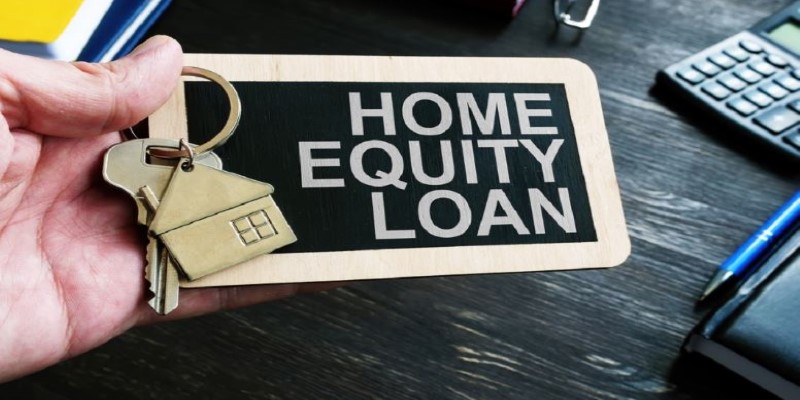
Being "house rich but cash poor" can be a risky position. Instead of tying up all your funds in home equity, ensure you have readily available cash for emergencies and other financial needs. Having liquid assets gives you flexibility and prevents financial strain. A balanced approach to early mortgage repayment protects your cash flow and future security.
Making Extra Payments Without a Strategy
Randomly making extra mortgage payments without a plan is ineffective. Some homeowners send extra money whenever possible but fail to optimize their approach. Strategic methods like biweekly payments can reduce interest and shorten loan terms without disrupting financial stability. A biweekly payment plan results in one extra payment annually, significantly cutting down on interest costs.
Another option is making principal-only payments, ensuring extra funds go directly toward reducing the balance instead of future interest. Having a structured repayment plan helps maximize financial benefits while keeping other priorities in check. A calculated approach ensures that every extra dollar works in your favor.
Conclusion
Paying off your mortgage early is a smart goal, but only if done strategically. Draining savings, ignoring investments, or neglecting higher-interest debts can leave you financially vulnerable. A well-balanced approach—maintaining an emergency fund, contributing to retirement, and understanding prepayment penalties—ensures early repayment truly benefits you. A mortgage-free life is valuable, but not if it comes at the cost of liquidity or financial growth. Prioritize wisely, plan carefully, and make extra payments only when they align with your long-term financial stability.

